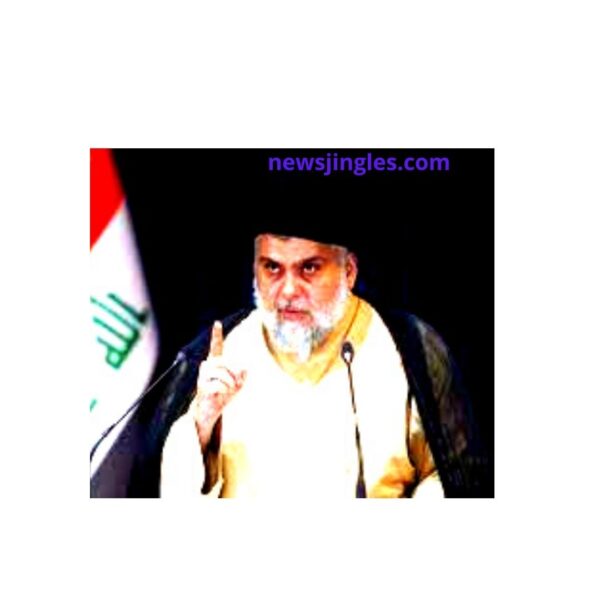aShia Muslim religious leader Muqtada al-Sadr’s party is set to be the biggest winner in Iraq’s administrative election, adding the number of seats he holds, according to original results, officers and a prophet for the Sadrist Movement.
Former high minister Nouri al-Maliki looked set to have the next largest palm among Shia parties, the original results showed on Monday.
Iraq’s Shia groups have dominated governments and government conformation since the US- led irruption of 2003 that stumbled Sunni leader Saddam Hussein and pelted the Shia maturity and the Kurds to power.
Sunday’s election was held several months beforehand, in response to mass demurrers in 2019 that stumbled a government and showed wide wrathfulness against political leaders whom numerous Iraqis said have amended themselves at the expenditure of the country
.But a record low turnout of 41 percent suggested that an election billed as an occasion to wrest control from the ruling nobility would do little to dislodge insular religious parties in power since 2003.
A count grounded on original results from several Iraqi businesses plus the capital Baghdad, vindicated by original government officers, suggested al-Sadr had won further than 70 seats, which if verified could give him considerable influence in forming a government.
A prophet for al-Sadr’s office said the number was 73 seats. Original news outlets published the same figure.
An functionary at Iraq’s electoral commission said al-Sadr had come first but didn’t incontinently confirm how numerous seats his party had won.
The original results also showed thatpro-reform campaigners who surfaced from the 2019 demurrers had gained several seats in the 329- member congress.
Iran- backed parties with links to regulars indicted of killing some of the nearly 600 people who failed in the demurrers took a blow, winning smaller seats than in the last election in 2018, according to the original results and original officers.
Al-Sadr has increased his power over Iraq since coming first in the 2018 election where his coalition won 54 seats.
The changeable populist religious leader has been a dominant figure and frequently kingmaker in Iraqi politics since the US irruption.
He has opposed all foreign hindrance in Iraq, whether by the United States, against which he fought an fortified insurrection after 2003, or by neighbouring Iran, which he has criticised for its close involvement in Iraqi politics.
Al-Sadr, still, is regularly in Iran, according to officers close to him, and has called for the pullout of US colors from Iraq, where Washington maintains a force of about in a continuing fight against ISIL (ISIS).
Speaking from Baghdad, Iraq critic Ali Anbori said that al-Sadr’s palm wasn’t a surprise.
“ Muqtada has been working a great deal to win a lead in the election. They (the Sadrists) have a good election machine, and they use all kinds of means to achieve their pretensions,” Anbori told Al Jazeera.
“ Also, Muqtada is n’t so far down from Iran himself. Ultimately, all groups will sit together and form a government under the marquee of the Iranian governance,” he added.
“ Muqtada has been the main political player in Iraq since 2005,” said Anbori, explaining that no Iraqi high minister has taken that position without the wordless concurrence of al-Sadr.
nbori said still that with “ al-Sadr and his group being influential players indicted of corruption,” he didn’t anticipate al-Sadr to address people’s grievances that took them the thoroughfares during the 2019 kick movement.



